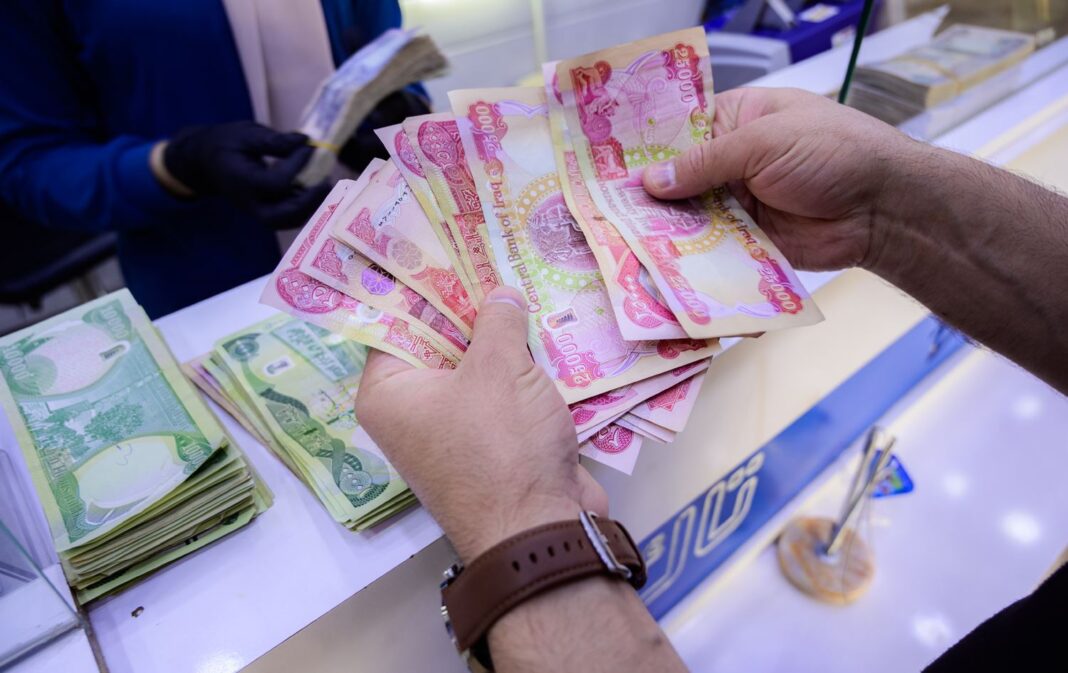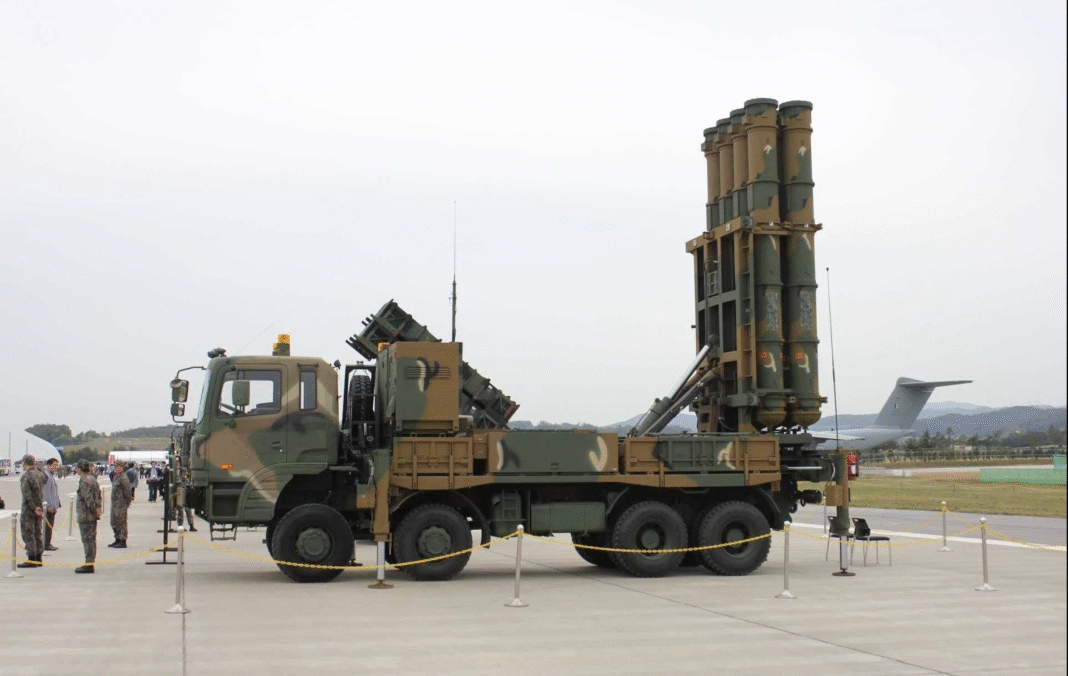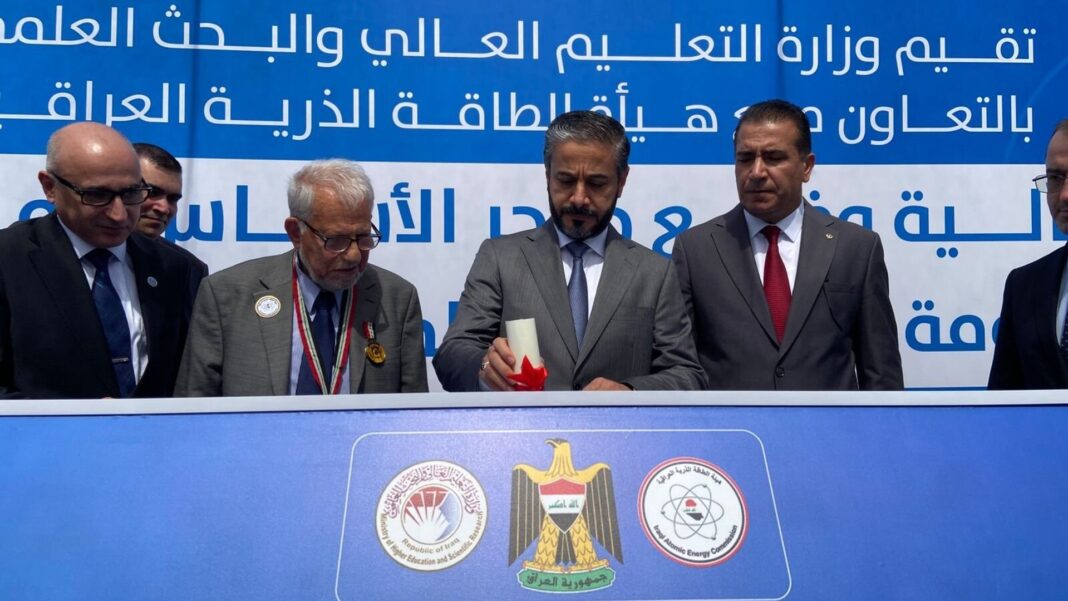Counterfeit currency crimes drop sharply in Iraq, according to the Interior Ministry, marking a major success in the fight against financial fraud. Officials reported that such crimes decreased by nearly 90 percent in 2025 compared with previous years. This significant drop demonstrates the impact of stricter enforcement and new economic reforms.
Brig. Gen. Ahmed Mohammed Obeid, director of the Federal Intelligence and Investigations Agency, explained the reasons behind the decline. He highlighted a comprehensive package of security and economic measures designed to combat counterfeiting across Iraqi governorates. Because of these efforts, citizens now enjoy greater confidence in the national currency.
The Interior Ministry described counterfeiting as one of the most dangerous crimes facing the economy. It damages both financial stability and public trust. Therefore, officials introduced decisive measures to curb the circulation of fake notes.
According to Obeid, the measures included tighter judicial monitoring and stronger intelligence work. Furthermore, the government encouraged electronic payment in state institutions, while reducing direct cash transactions. As a result, authorities arrested counterfeiters and seized large quantities of fake dinars and dollars.
Additionally, security agencies noted that criminal groups often attempt to push counterfeit notes during national holidays. This recurring trend underscores the need for constant vigilance. Nevertheless, the ministry affirmed that recent crackdowns significantly reduced such activities.
Broader security operations between 2023 and 2025 also contributed to the decline. These operations led to the arrest of hundreds of suspects involved in various serious crimes. Charges included currency fraud, child trafficking, human organ trade, forced labor, begging, sorcery, and sexual exploitation. Consequently, all defendants faced the judiciary, where courts issued legal sentences.
Ultimately, counterfeit currency crimes drop sharply in Iraq because of consistent enforcement and modern reforms. The government’s commitment shows a long-term strategy to protect the economy. Moreover, it highlights the success of coordinated efforts between security forces, the judiciary, and financial institutions. Iraq’s leaders now aim to sustain these improvements while continuing to safeguard national stability.



